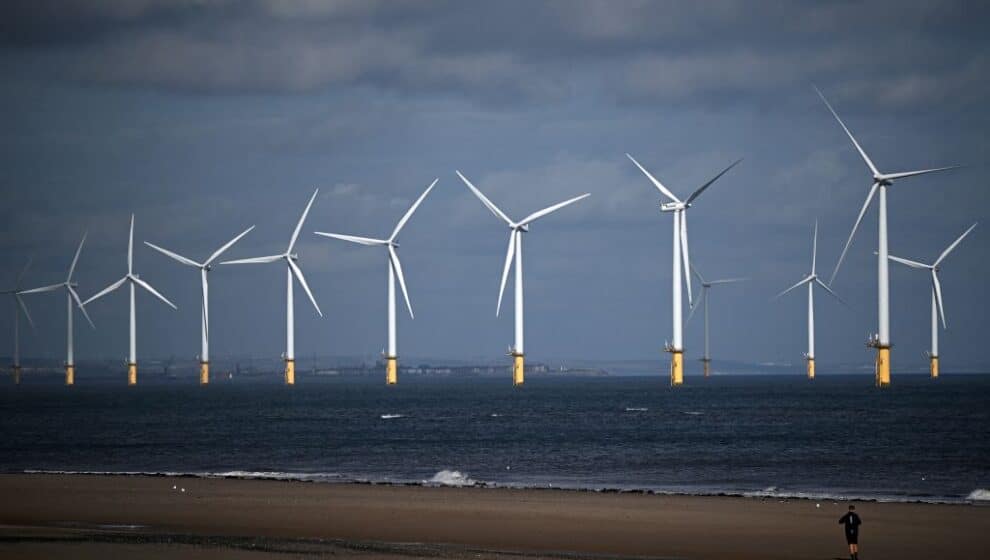Since the introduction of the new climate bill, many clean-energy projects have been announced.
Key details
Recently, President Joe Biden signed a climate and healthcare law called the Inflation Reduction Act. The new bill includes a $369-billion investment in climate and energy policies.
Since the bill was signed into law, many businesses have announced major clean-energy projects that will benefit from the legislation.
Toyota announced a $3.8 billion investment in the U.S. The company plans to build a factory in North Carolina to produce batteries for electric cars and hybrids.
Piedmont Lithium, a mining company, said it would build a plant in Tennessee to process lithium for batteries, helping to ease America’s dependence on Chinese refineries—a key aim of the Biden administration, according to The New York Times.
Another company planning to bring business to the U.S. is First Solar. First Solar is an American manufacturer of solar panels and is planning to invest $1.2 billion in U.S. solar-panel manufacturing.
Although these projects were announced, it will still be some time before we see the outcome. It takes a lot of time to plan, build, and staff these big factories. For example, Toyota doesn’t expect for the factory to be making cars until 2025.
Why it’s important
Companies had begun investing in new technologies that will accelerate the growth of clean energy. Electric vehicles, solar power, battery production, and more have all be in the works, and this bill might provide the extra investment needed to push them forward faster.
The goal of the bill is to cut greenhouse gas emissions by investing billions in climate and energy. The investment aims to boost renewable energy infrastructure in manufacturing, like solar panels and wind turbines, and include tax credits for electric vehicles and measures to make homes more energy efficient.
The new law will sanction as much as $300 billion in federal loan guarantees for businesses energy and automotive projects. The money could significantly benefit future projects that need money to get off the ground and help already established businesses meet goals and bring more manufacturing to the U.S.
A possible consequence of the infusion of money into the economy by the U.S. government is that it will only exacerbate and not mitigate inflation, despite the name of the bill.
